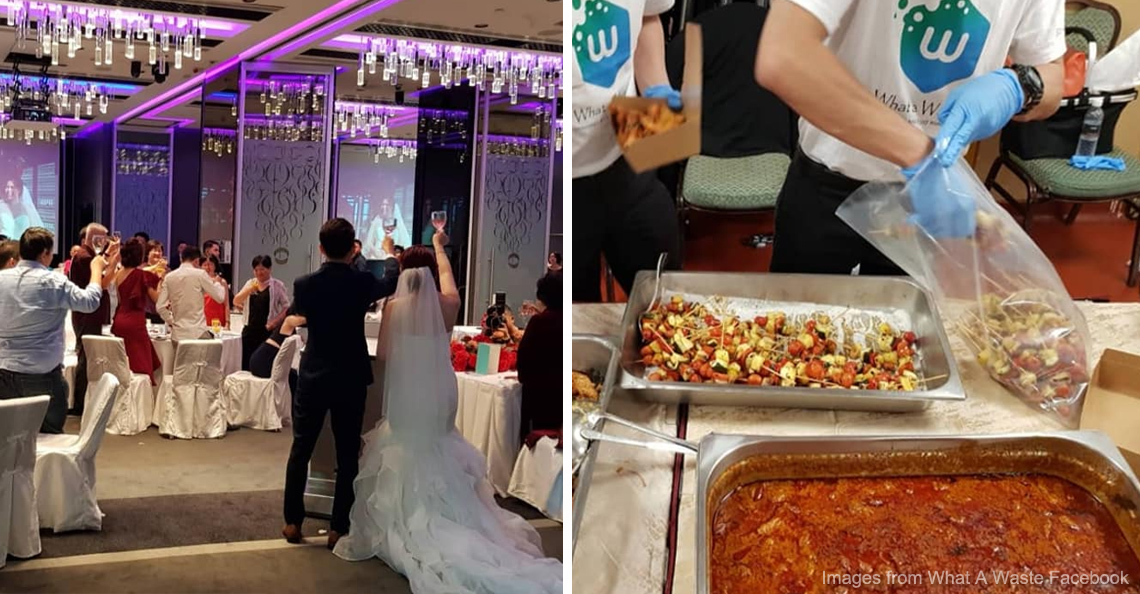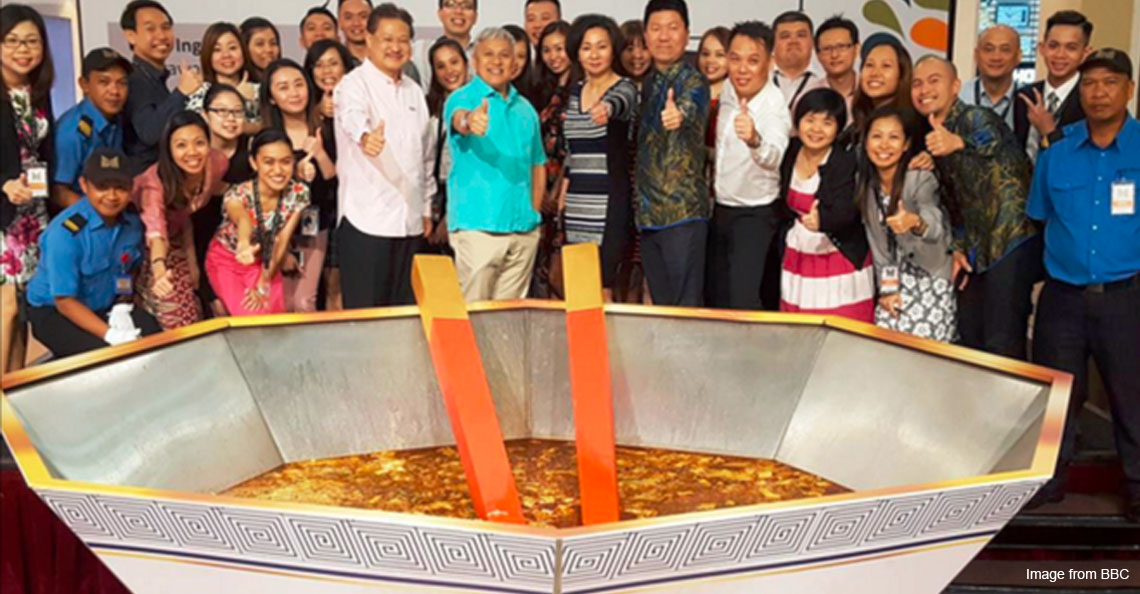This farm in Johor turns food waste into fresh food! But how?

- 1.6KShares
- Facebook1.5K
- Twitter12
- LinkedIn11
- Email20
- WhatsApp65
It can’t be denied that food wastage is a huge problem in Malaysia, and we’re totes not being drama queens when we say that. SWCorp Malaysia, a government company that deals with all our solid waste, stated in an interview with Channel News Asia that Malaysians produce some 38,000 tonnes of trash a day. Or 38 million kilograms, for perspective.
Out of that 38,000 tonnes, 15 thousand tonnes, or almost half of it, are food waste.
This amount includes banana peels and durian skins and bones, which are unavoidable food waste, meaning that somehow or other it’s going to get thrown out. Avoidable food waste, on the other hand, are foods that shouldn’t have been thrown out if properly managed. So how much avoidable food waste do we discard every day?

8,000 tonnes. Eight million kilograms of food turned into trash every day, and 3,000 tonnes of those are still fit for consumption when people throw them away. Perfectly good food that could have fed around two million people daily, sent to the landfills.
It gets worse if you count in the fact that even though globally we produce enough food to feed everyone, 1 in 9 people go to bed hungry every night, and 1 in 3 suffer from some kind of malnutrition. Some kids in Myanmar even turned to glue-sniffing to curb hunger, so there’s definitely something wrong with us wasting so much food on a daily basis.
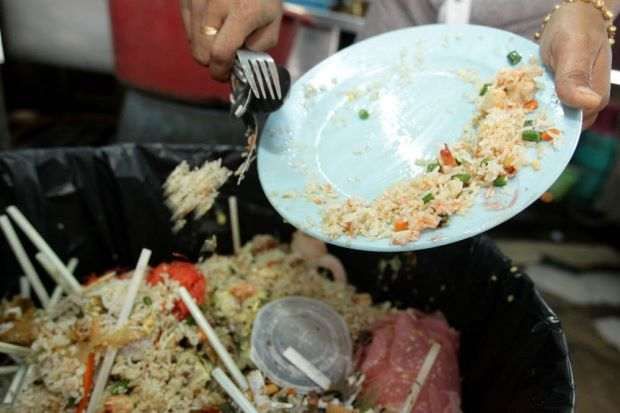
The problem gets worse during Ramadan, when 9,000 tonnes of food are sent straight to the dustbin every single day. Every year, the amount of food wasted during Ramadan alone can amount to 270,000 tonnes, which if piled up can be about as high as 30 KLCCs. That’s a lot of food thrown away, and it’s a worrying trend. We did a write-up on some ways Malaysians have tried to tackle this problem in the past, but recently…
A farm in Johor turns three tonnes of food waste from hotels daily… into compost!
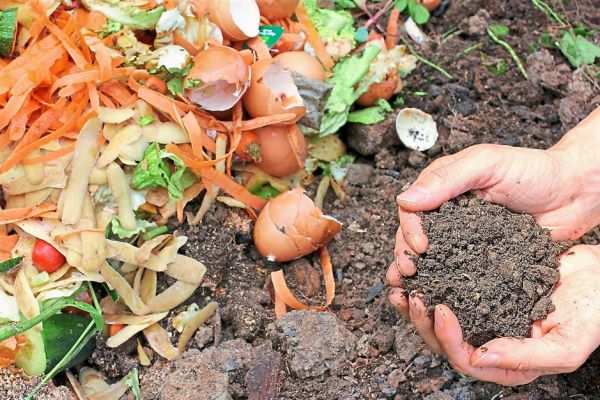
FOLO Farm, an organic vegetable farm in Johor may look like any other vegetable farm at first glance, but there’s more than meets the eye when it comes to their methods. In a nutshell, they make compost out of food waste and use the compost to grow super organic vegetables.
For those new to the concept, compost is a substance people use in organic farming as fertilizer and soil amendment. It’s made from organic waste such as dead plants and kitchen waste, and is recycled with the help of bacteria to form humus, a sort of predecessor to soil that’s high in nutrients for plants. In organic farming, where people avoid using genetically modified seeds and synthetic pesticides and fertilizers, compost is a key component.
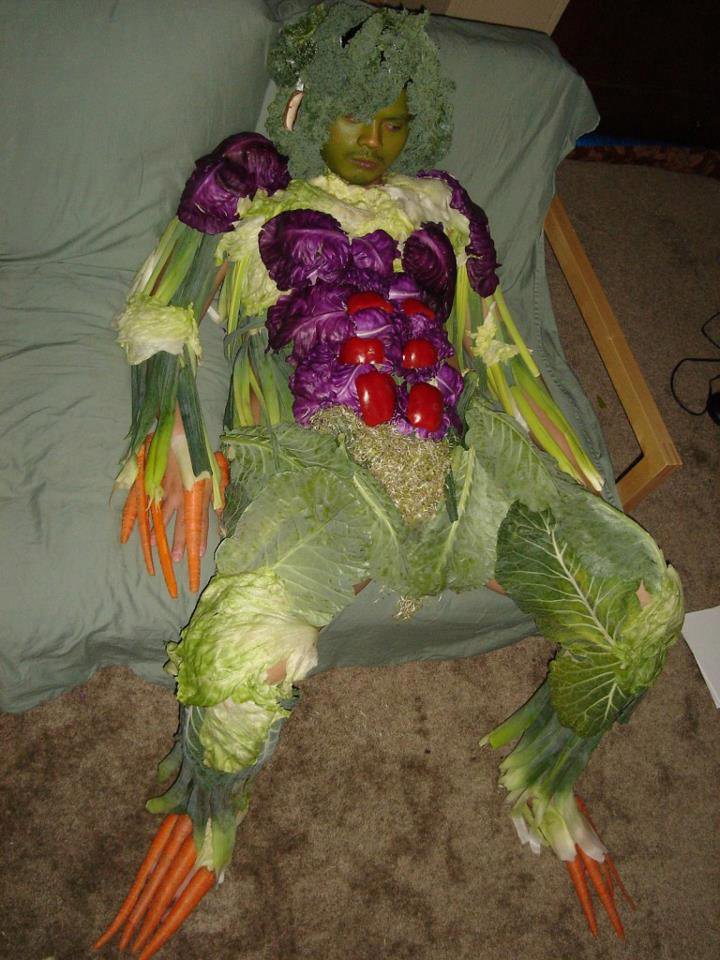
If making compost out of food waste didn’t sound impressive enough, they actually collected around three tonnes of food waste from hotels, shops and restaurants every day to turn them into compost, using their own lorries and bins. We spoke to Aja, a farmer at FOLO Farm and she stated that from the three tonnes of food waste, they can get 1 ton of compost and liquid compost after three months. They also managed to produce around 400 kilograms of vegetables a week.
The numbers sound small, but FOLO Farm is still in its infancy. The farm came about after Will Chua and four of his friends returned to Malaysia after working overseas and noticed that their family and friends are plagued with health problems, which they believed are caused by the food they ate. They later met Ah Lek, a struggling organic farmer and with his know-how on organic farming, plus a trip to Taiwan to learn composting from businessman-turned-farmer Pierre Loisel, they started FOLO Farm.
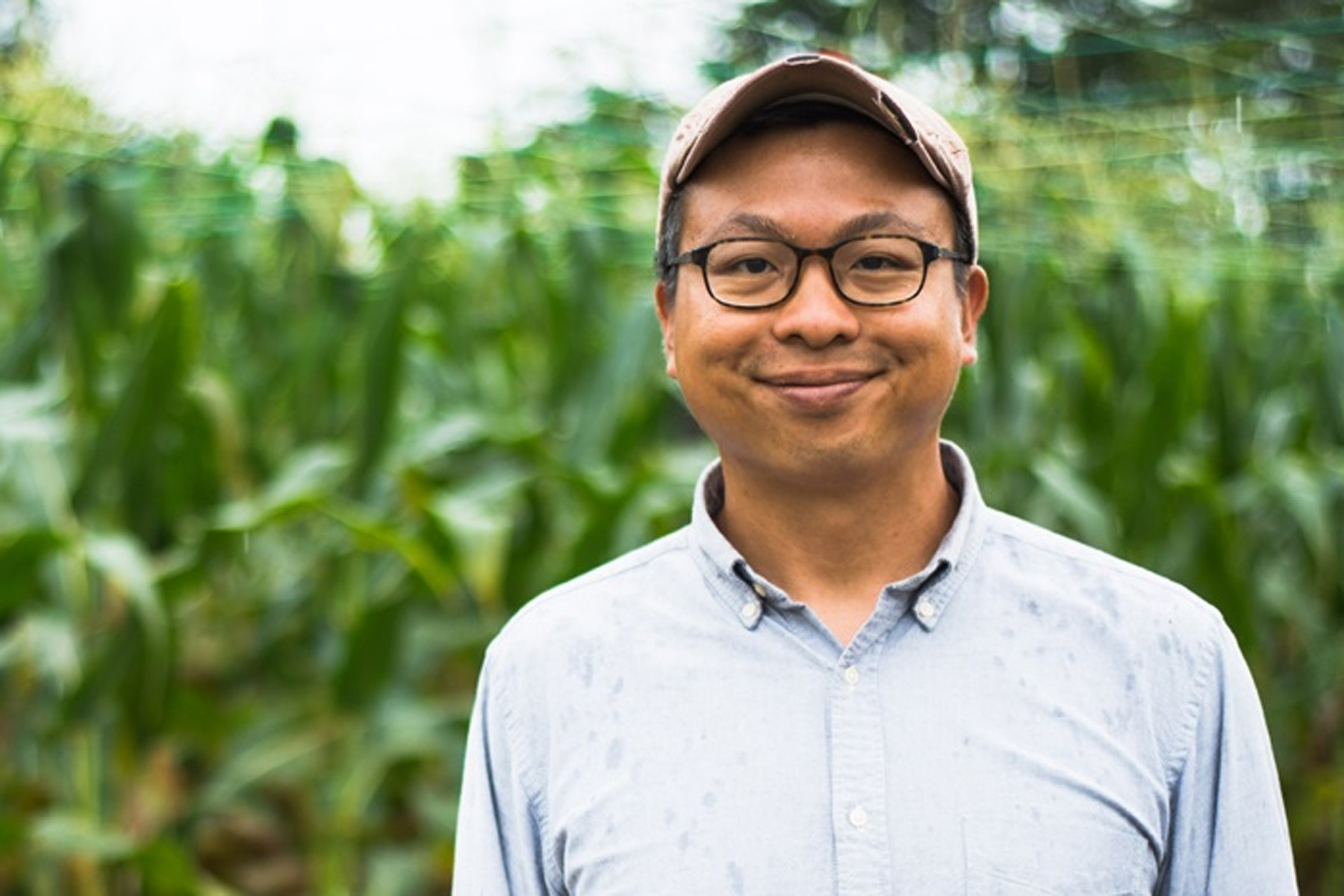
As for why they go through the trouble of turning food waste into compost rather than buying ready-made compost, they have stated that they have three reasons for doing so on their website:
1) We do it for our kids. We want to leave a Johor Bahru and Singapore that is better and cooler for them. We want to show them that they do not have to run anywhere to find meaning.
2)We do it for our veggies and the health of our loved ones. Processed in the right way, kitchen waste can be transformed into not only compost, but one of the best, most nutritious and microbes-rich compost for the farm environment and the vegetables that grow from it. Collectively, we believe – and science is increasingly showing – that physical exposure to our farm and sustained consumption of our vegetables can nourish and heal us.
3) We do it because it is the right thing to do. Transforming waste to something of value to society makes social, environmental and business sense. Other countries are doing it at a national level. But we are mindful that building the momentum requires institutional and cultural change, which in turn require commitment and venture philanthropy.
Although only processing relatively small amounts of food waste into compost is a lot costlier than processing at a large scale, it was quite an idea to tackle both the food waste problem and the need for healthier vegetables among other things, and…
Now, they’re in the running for $1 million to help their farm grow!
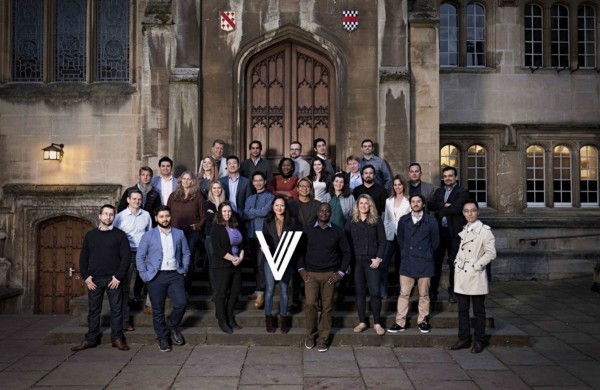
Some of you might have heard of the Chivas brothers, the creators of the Chivas Regal whisky, but did you know that they’ve been holding a global competition since 2014? Well, not really a competition per se, as there can be more than one winner. It’s called the Chivas Venture, and it seeks to invest a total of $1 million in start-ups around the world that are creating a positive change and a better future.
How it works is that you first have to submit an application on their website, and if your start-up is the best of the best, you’ll get selected to go on to the next phase, where you have to pitch your start up to a panel of business experts. These experts will then offer their advice to the competitors, and decide which start-up goes to the finals.

Making it to the finals is not an easy thing to do. In the 2015 Chivas Venture, there were only 16 finalists out of 1000 applicants, and in 2016, there were 27 from more than 2,500. This year, 30 applicants from 30 different countries made it to the finals, including Malaysia’s own FOLO Farm.
After attending five days of The Venture’s Accelerator Week, where finalists are prepped for their final pitch in July from world-class mentors, they have to inspire the public with their start-up by a voting round to receive the funding needed to take their start-ups to the next level. The voting process is divided into five weeks, with $50,000 allocated each week based on the support each start-up gets.
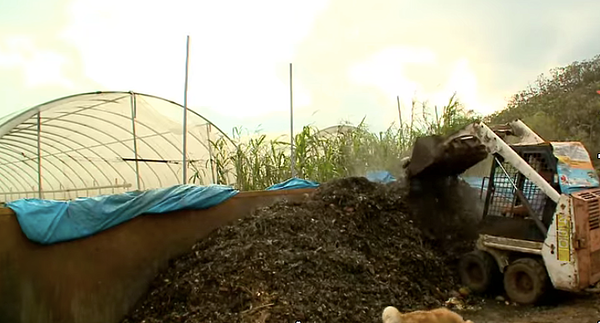
FOLO farm plans to extend their manpower, space and machinery to be able to process more waste and compost, and ultimately supply more organic vegetables to the public, and you can help vote for them by following this link. Unfortunately, this is the fourth week of voting, so you can only vote once before Sunday, and one other time for next week.
The final pitch comes in July, and this is where each finalist will have to present their pitch in front of a panel of judges, as well as a live audience of business experts, changemakers and influencers, and this pitch determines how the remaining $750,000 will be distributed among the winners.
In the meantime, you can create your own compost with your own food waste
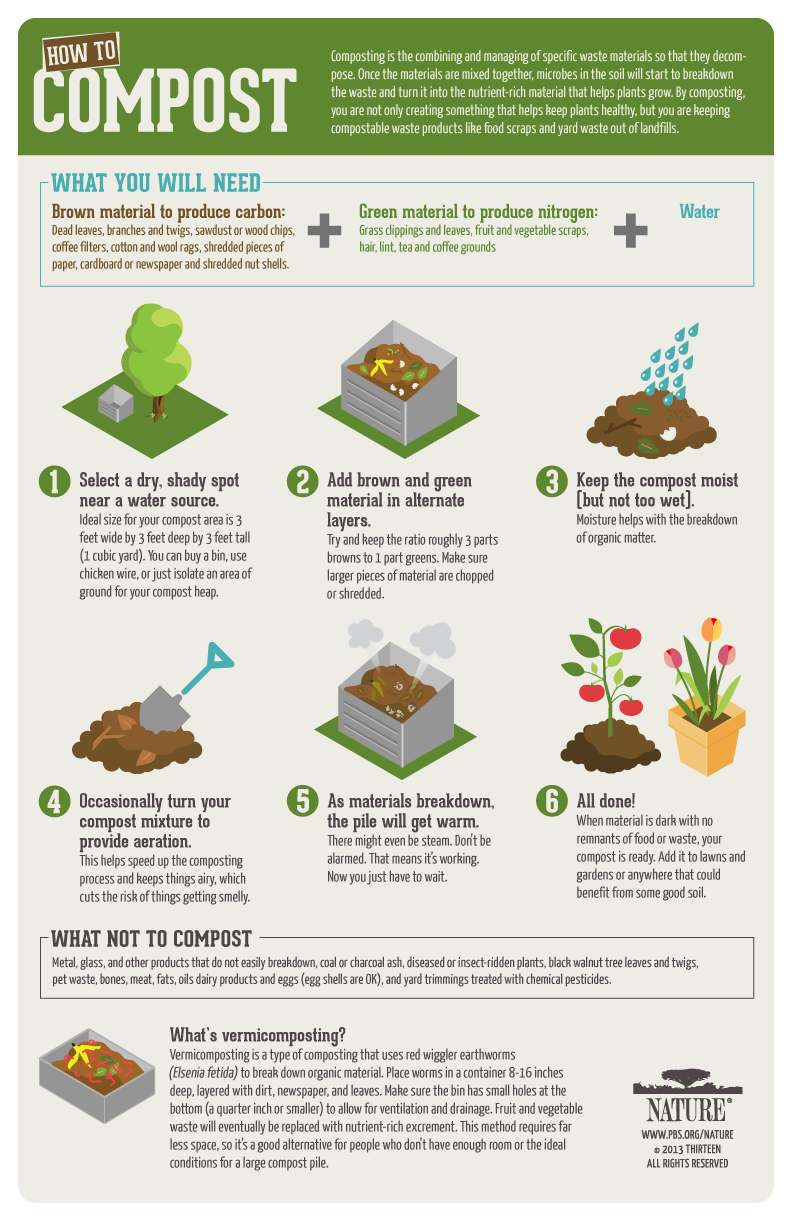
Making compost seemed simple on the surface. According to a composting website, you can use any kind of yard trimmings, dead leaves, kitchen scraps and food waste except for meats and pet droppings. Gather all this into a pile and turn it occasionally, letting the bacteria in the mixture have access to air. Keep it warm. If it’s dry, the process will slow down, so you have to keep it damp. Soon, the pile will turn into compost.
However, in our interview with Aja, she revealed that it would be better for a community to get together and compost, as there needs to be a certain mass to reach to make a good compost.
When making compost, the bacterial activity needs to get above 60°C for at least 72 hrs. This ensures all the pathogens are killed off – its hard to do that at home because it requires mass… So we would actually suggest communities get together and compost, that way, they get the mass to reach the right temperature to kill off any pathogens. Then of course, we also suggest they farm and harvest together,” –Aja, in an interview with Cilisos.
And it does seem to be the missing factor in composting. Remember Pierre Loisel from before? He stayed in Taiwan and tried to get the Taiwanese gomen to compost, but the Taiwanese government had stated that they have tried composting for 8 years, but to no avail. After some research and meeting experts on the matter, Loisel found out that seafood, meat and dairy could not be composted, and that
“…your start-up pile of ‘dump’ needs to be at least seven tonnes for bacterial activity to heat the pile to 60ºC, which is the ‘magic number’ for making it compost,” -Pierre Loisel, for Taipei Times.
It seems that mass does play an important part in composting. With 15,000 tonnes of food waste produced daily, perhaps we should start turning them into compost as well.
- 1.6KShares
- Facebook1.5K
- Twitter12
- LinkedIn11
- Email20
- WhatsApp65

